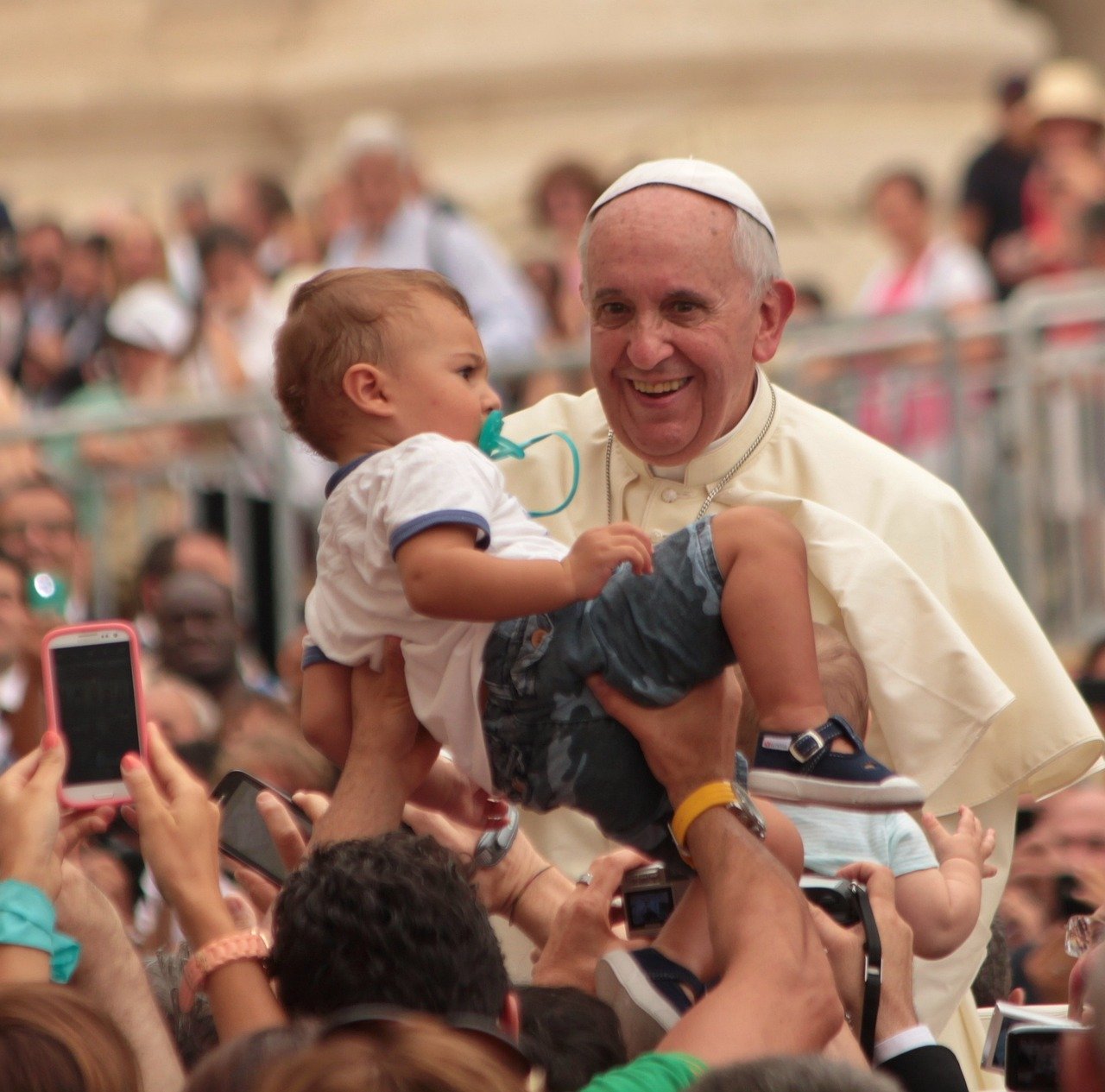- Pope Francis, in his Christmas Day address, called for peace and negotiations between Ukraine and Russia, and other global conflict zones.
- His message extended to the conflict in Gaza, expressing concern for the Christian communities in Israel and Palestine.
- The Pope also addressed the situation in Syria, where the Christian population has dwindled since the start of the war in 2011.
- His call for peace is not just an end to violence, but also a plea for forgiveness, unity, and the tearing down of walls of separation.
In a world fraught with conflict and strife, Pope Francis, in his traditional Christmas Day address, called for negotiations between Ukraine and Russia to end the war triggered by Russia’s invasion of Ukraine in 2022. The Pope’s plea for peace came on the heels of a major Russian attack on Ukraine’s energy facilities, which Ukraine said involved at least 184 missiles and drones. The Pope’s call for dialogue and peace was not limited to the Ukraine-Russia conflict but extended to other global hotspots as well.
The Pope’s appeal for peace was not well received by Ukraine earlier this year, as they strongly rejected his call for Kyiv to negotiate an end to the war and have the courage to raise the white flag. The Pope’s message, delivered to thousands of people gathered in St Peter’s Square, was a call for the silencing of arms in war-torn Ukraine and beyond. He invited every individual, and all people of all nations, to become pilgrims of hope, to silence the sounds of arms and overcome divisions.
Pope’s Call for Peace Extends Beyond Ukraine
The Pope’s Christmas Day message also touched on the conflict in Gaza, calling for a ceasefire and the freeing of hostages held by Hamas. He expressed concern for the Christian communities in Israel and Palestine, particularly in Gaza, where the humanitarian situation is extremely grave. The Pope’s call for dialogue and peace extended to the war in Gaza, which began after the territory’s Hamas rulers attacked Israel on 7 October 2023. The conflict resulted in the death of about 1,200 people and the taking of another 251 back to Gaza as hostages. More than 45,000 Palestinians have been killed in Israel’s offensive, according to Gaza’s Hamas-run health ministry.
The Pope’s comments on Israel’s attacks, which he described as cruelty, earned a sharp rebuke from Israel, which called the remarks particularly disappointing. The Pope also expressed concern for the Christian communities in Lebanon and Syria, where rebels recently overthrew Syrian President Bashar al-Assad after 24 years in power. Syria’s Christian population has dwindled since the start of the war in 2011, and reports suggest it now stands at a fraction of its pre-war total of approximately 1.5 million.
Pope’s Message: A Call for Unity and Forgiveness
Syria’s minorities have expressed fear about their future in the country since Islamist rebels took over – though the leading rebel group, Hayat Tahrir al-Sham, has said all faiths will be protected. The Pope’s call for peace and dialogue was not limited to these regions but extended to the entire world, as he called for arms to be silenced around the world in his Christmas address.
The Pope’s call for peace and dialogue comes at a time when the world is witnessing an escalation in conflicts and humanitarian crises. The conflict in Ukraine has raged for nearly 15 months, with repeated ceasefire efforts having stalled. Both sides blamed each other again on Christmas Day for the failure to reach a truce. The Pope’s call for peace and dialogue is a reminder of the urgent need for a peaceful resolution to these conflicts.
The Pope’s call for peace and dialogue is not just a plea for an end to violence, but also a call for forgiveness and unity. He urged people to tear down all walls of separation, citing examples that ranged from the ideologies that so often mark political life to physical walls. He called for a mutually agreed solution to bring down the border wall that has divided the Mediterranean island of Cyprus since 1974.

